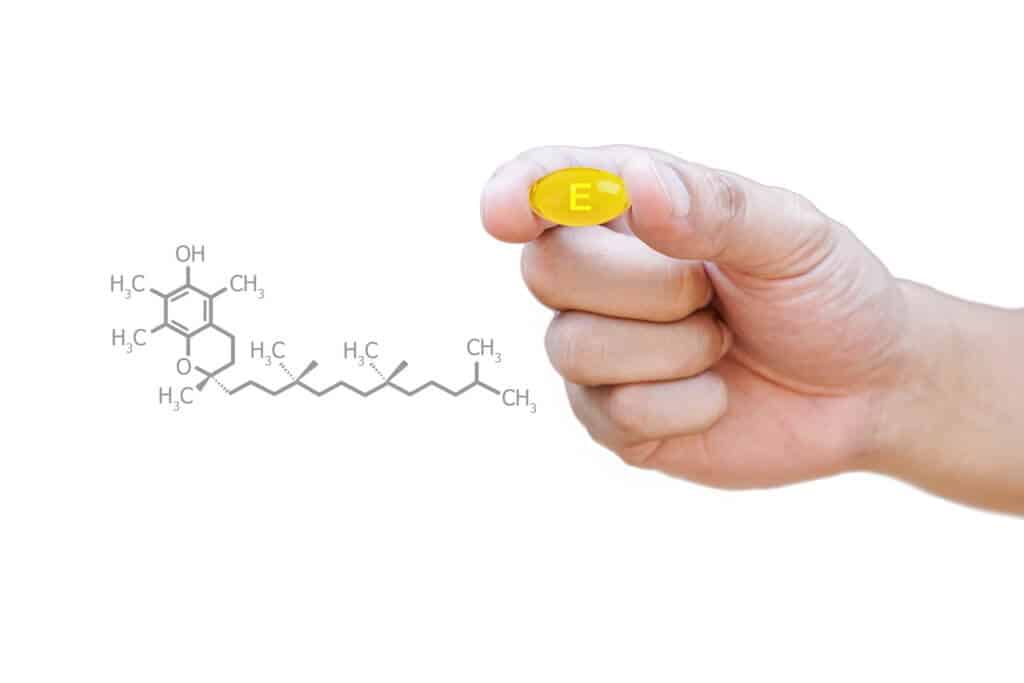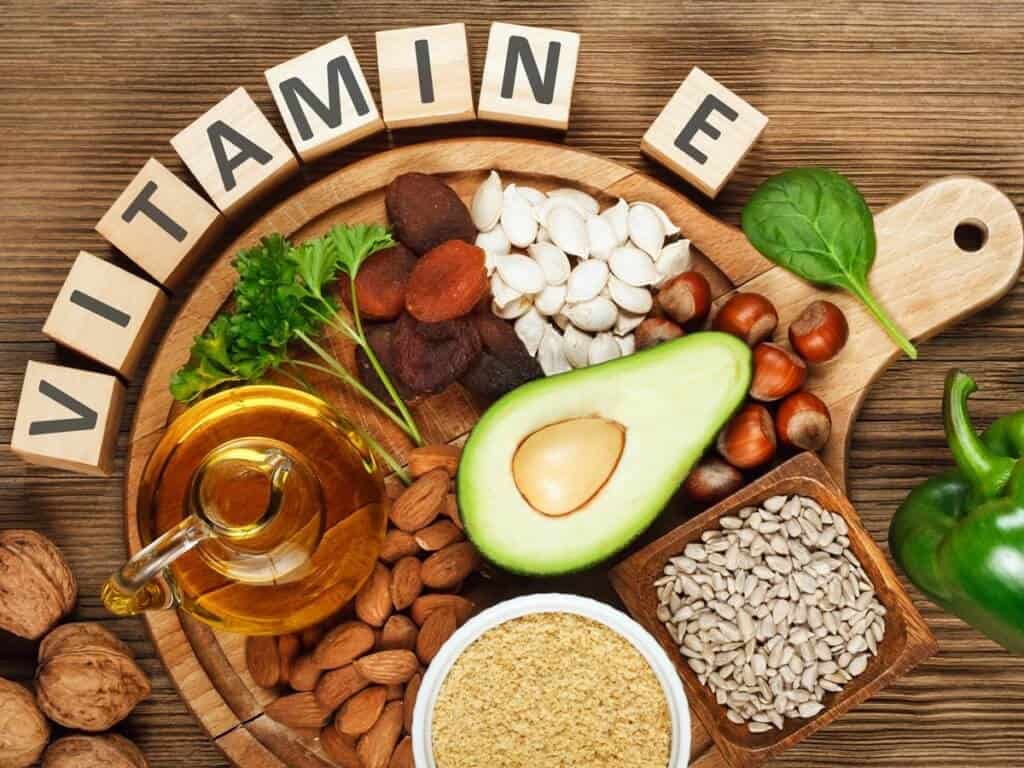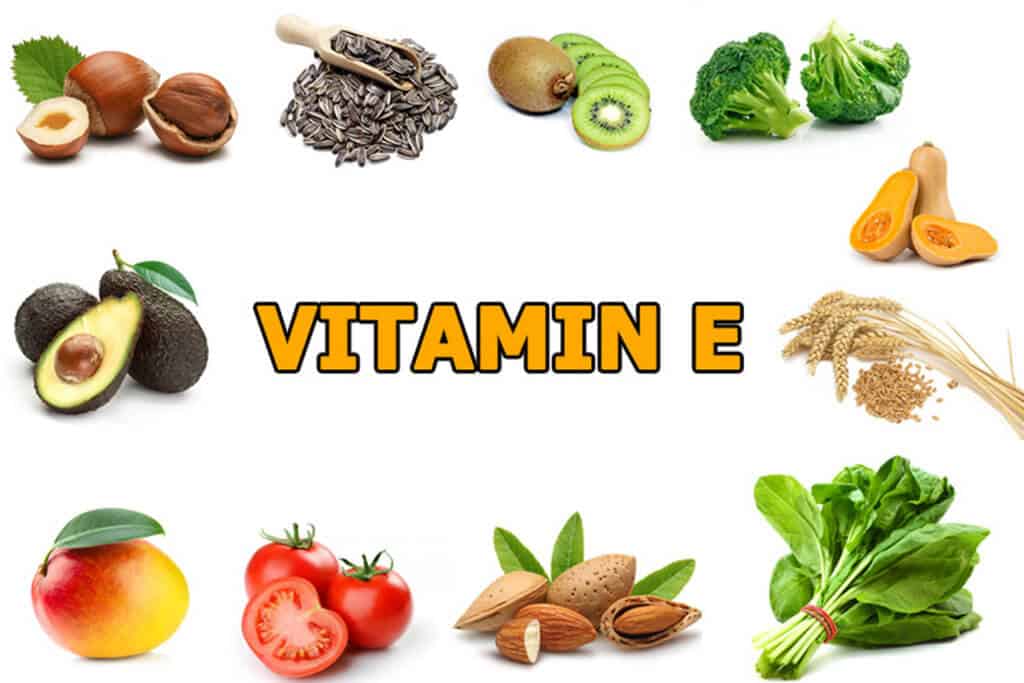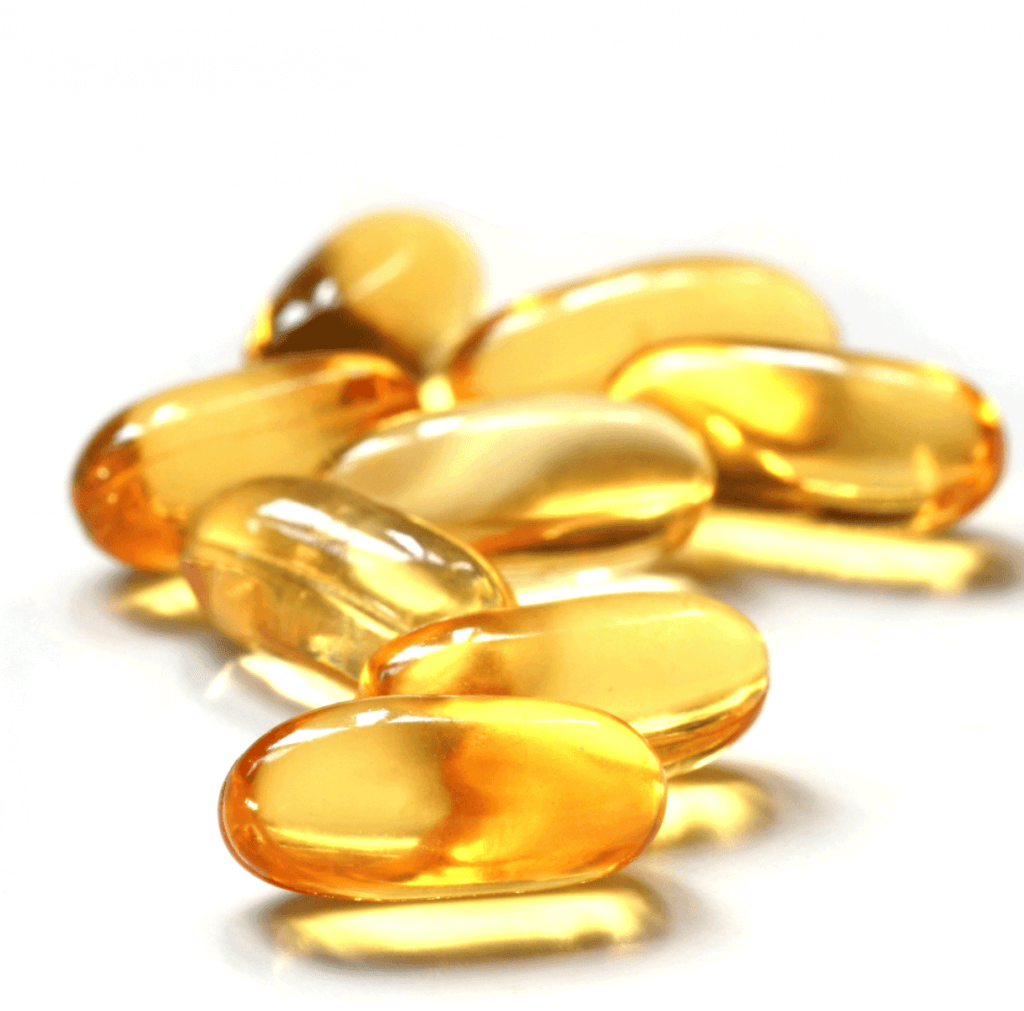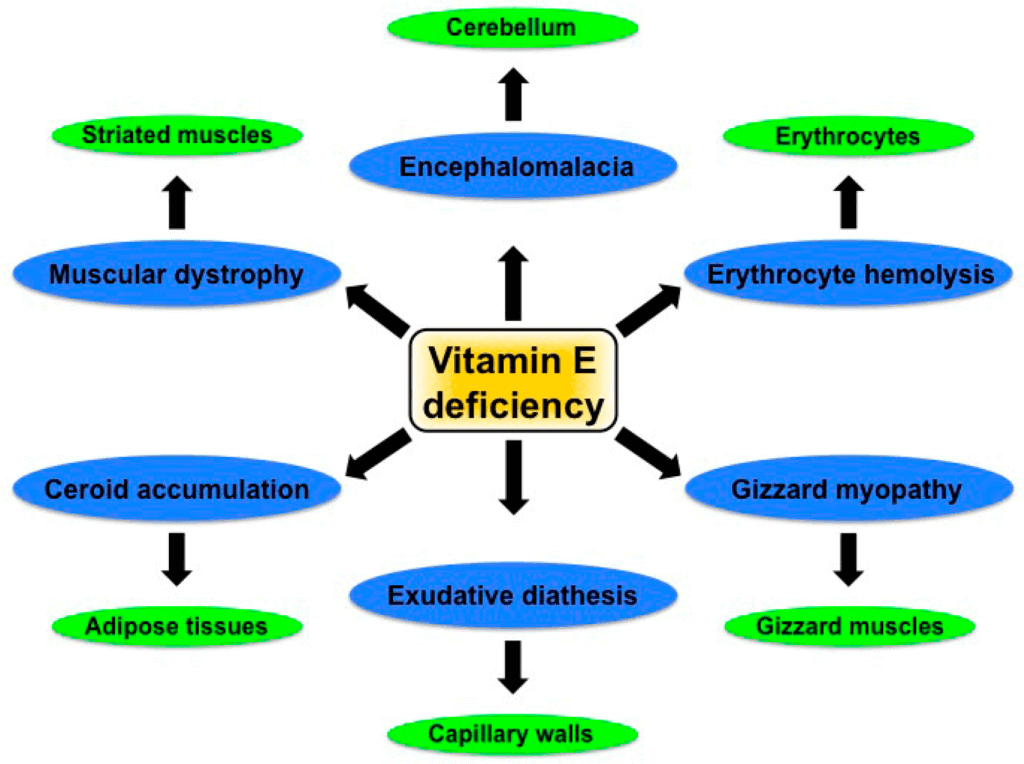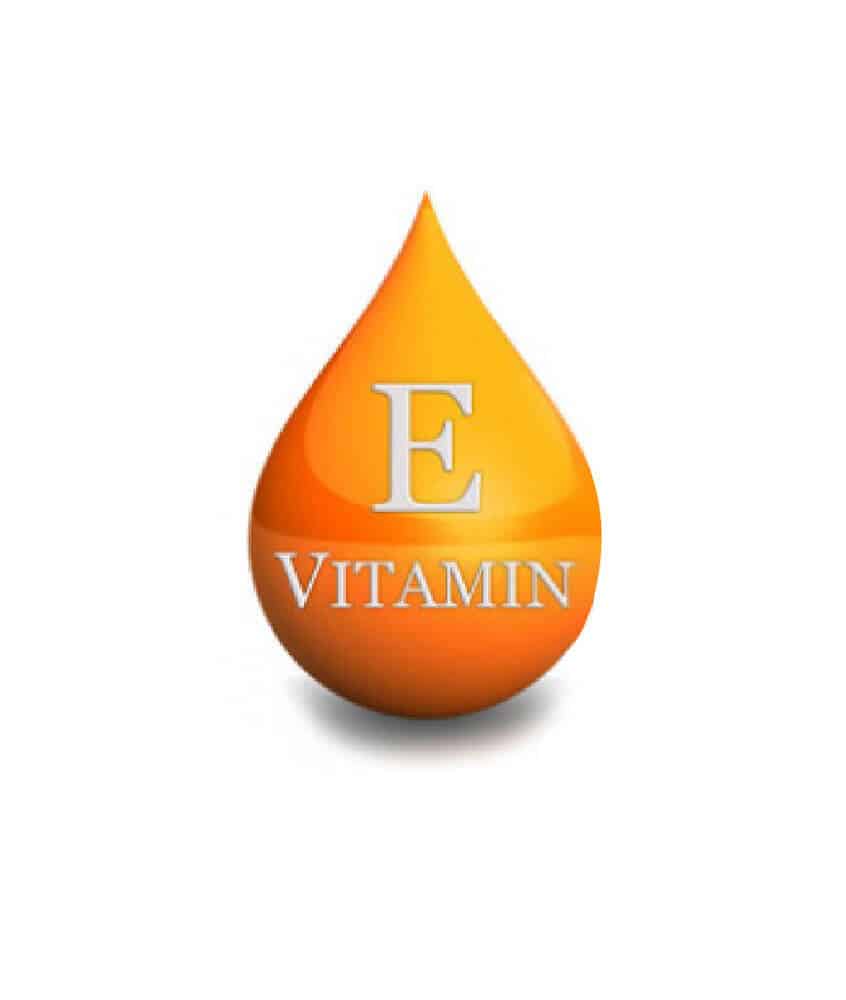Want an antioxidant that is good for your skin? Vitamin E is a fat-soluble element found in a variety of foods.
In the body, Vitamin E works as an antioxidant and helps to protect cells from damage that can be caused by free radicals.
Compounds within the human body called free radicals convert food we consume into energy.
You can also be exposed to free radicals in the air around you, such as from cigarette smoke, pollution, and ultraviolet light.
Vitamin E is also important for the immune system and can provide a significant boost to fight off viruses and invading bacteria.
What is Vitamin E?
What is Vitamin E Good For?
Vitamin E is used for a variety of skin creams, ointments, and supplements.
However, it is also used by our cells to interact and carry out many important functions.
Vitamin E is mainly used for its antioxidant properties to boost immune systems.
It is also key for healthy skin and eyes.
The amount of Vitamin E that you need each day depends on what age you are and BMI.
Besides food and supplements, there are also Vitamin E oils, which can boost collagen production, as National Institutes of Health claims.
Vitamin E Benefits and Uses
While most people believe Vitamin E benefits are purely for skin treatments and protecting against free radicals, there are a variety of benefits and uses that you can gain from using Vitamin E.
Studies have shown that Vitamin E has the following health benefits:
Fights Free Radicals
According to NCBI, as an antioxidant, there are certain properties of Vitamin E that have powerful abilities to reduce free radical damage.
Repair Damaged Skin
When you have a scar, Vitamin E creams and oils can be used to bolster capillary walls, thus improving the levels of moisture in your body so that your skin can become more elastic.
This is how Vitamin E naturally works as an anti-aging element when ingested and forms natural healing properties in your body.
According to NCBI, studies have also shown that Vitamin E can decrease the amount of wrinkles on your skin, which may contribute to maintaining a youthful appearance.
This is especially important if you are in the sun a lot or smoke daily.
Thickens Hair
Ever see Vitamin E ingredients in hair commercials? This is because Vitamin E is a strong antioxidant that helps decrease environmental damage to your hair.
Improves Physical Endurance and Muscular Strength
According to NCBI, if you have issues with physical endurance, taking Vitamin E can help you increase your energy levels and lowers the level of stress on your muscles after a workout.
Vitamin E Foods
Did you know that Vitamin E is actually a collective group of eight compounds, four tocotrienols, and four tocopherols?
As United States Department of Agriculture Agricultural Research Service states, vitamin E can be found in a variety of foods, including:
- Wheat germ
- Mango
- Butternut squash
- Sunflower seeds
- Almonds
- Kiwi
- Hazelnuts
- Spinach
- Avocado
- Broccoli
- Tomato
- Olive oil
“Olive Oil contains three major Antioxidants: Vitamin E, Polyphenols, and Phytosterols. Antioxidants when topically applied, may help protect the skin from premature skin aging.” states Zondra Wilson, Founder and CEO of Blu Skin Care.
Vitamin E for Skin
Your doctor has probably mentioned that Vitamin E is great for your skin, and you can take Vitamin E in a variety of different forms to help your hair, skin, and nails.
Many creams today also have Vitamin E listed as one of the ingredients.
So how does it work and can this antioxidant vitamin help your skin?
For optimal use, you should apply Vitamin E creams and oils at night before bedtime.
It is also more effective when combined with the intake of vitamin C. Also, you can use it to replace skin-brightening creams and target areas with excessive dryness.
Vitamin E for Acne
Acne sufferers have used Vitamin E for many years to treat pores, pimples, and scars.
Vitamin oil retains the moisture that skin produces naturally when dry skin creates issues for those prone to acne.
Replenishing these oils is essential to regrowing the skin and repairing damage from skin issues.
However, Vitamin E should not be used for people with oil skin.
As your skin is naturally prone to oiliness, adding Vitamin E creams or oils would only exacerbate any issues.
Using Vitamin E for scars is important when treating acne.
Before and after an outbreak, you can use a Vitamin E treatment such as a cream or ointment to help treat the affected area and minimize scarring after a pimple is healed.
Sources of Vitamin E
Where can you get Vitamin E?
There are some forms of Vitamin E.
As a vitamin, it is derived from plant sources.
It can be ingested, applied to the skin as cream, or you can take supplements.
There are eight forms of Vitamin E divided into two types.
Tocopherols
This type subdivides into four strains: alpha-tocopherol, delta tocopherol, gamma tocopherol, and beta tocopherol.
These can be extracted from soy oil and occasionally from wheat germ.
Tocotrienols
These also come in the same four forms. These are derived from palm oil, rice brans, and can permeate cell membranes.
Vitamin E Supplements
There are also two forms of Vitamin E supplements.
One is a synthetic, man-made supplement, while the other is made from natural sources.
You can tell the difference by looking at the bottle.
A bottle with a label of DL alpha-tocopherol includes synthetic Vitamin E.
Synthetic Vitamin E
It’s chemically made using petroleum products.
Unlike the natural supplement, this one is not easily accepted by the body.
The synthetic form is potent and is three times more effective than natural forms of Vitamin E.
D alpha-tocopherol
According to Juvenon, when consumed in optimal quantities, Vitamin E is very effective. This means that the recommended dose is 1,000 IU per day.
Vitamin E Deficiency
Vitamin E is important as it has multiple antioxidant properties that your body needs to help with cell growth and to repair the damage.
Vitamin E deficiency may cause muscle weakness.
Vitamin E Oil Uses
There are a variety of uses for Vitamin E as oil, whether it uses organic or synthetic ingredients.
Vitamin E oil uses that you may consider include the following:
Night Creams
Before bedtime, you can take a small amount of Vitamin E and dab it under your eyes.
You should remove any makeup or other creams before applying Vitamin E to increase its effectiveness.
Anti-Aging Oil
The regular application of this oil can give a person younger looking skin.
However, the effects of these natural products are slow and should be used over time.
In this form of Vitamin E oil, gamma-tocotrienol can reverse the damage done by UVB radiation.
Vitamin E Moisturizers
Vitamin E is a great moisturizer and usually contains coconut oil.
Combined, these two oils create a thin layer of moisturizing protection.
It is best to apply right before the shower and let it absorb before washing off, as this cream tends to be a bit greasy.
Soothes Dry Skin
You can use Vitamin E to reduce or get rid of dryness. You will need to use oil for several weeks to see a result.
Continued use should prevent dry skin.
Stretch Mark Cream
Most stretch mark creams are great for diminishing stretch marks.
As stretch marks come from tearing in the dermis, Vitamin A can penetrate the dermis and start healing the skin underneath.
After weeks of application, most see a reduced appearance of stretch marks, OilHealthBenefits claims.
Vitamin E Side Effects
If you are taking oral capsules, liquids, powders, or tablets of Vitamin E, you may experience some Vitamin E side effects depending on the dose and your body’s chemistry.
In some cases, patients who have ingested 400 units a day over a long period may experience the following symptoms:
- Blurred vision
- Diarrhea
- Headache
- Dizziness
- Nausea
- Stomach cramps
- Unusual tiredness or weakness
Vitamin E Supplement
Vitamin E supplements can be used to prevent and treat deficiency in the body.
While a low level of Vitamin E is rare, most people who eat a normal diet will not need to take supplements.
According to National Institutes of Health, however, pregnant women, children, and elderly patients may use these vitamins to assist the body’s cells in growing healthy bodies, repairing from damage, and preventing vision issues.
Vitamin E Dosage
If taking Vitamin E supplements or ingesting naturally through your diet, the FDA has named a Recommended Dietary Allowance (RDA).
These are determined by age.
You can determine your Vitamin E dosage by using the following:
0 to 6 Months
Both males and females should take 4 mg or 6 IU daily.
7 to 12 months
Both males and females should take 5 mg or 7.5 IU daily.
1 to 3 Years
Both males and females should take 6 mg or 9 IU daily.
4 to 8 Years
Both males and females should take 7 mg or 10.4 IU daily.
9 to 13 Years
Both males and females should take 11 mg or 16.4 IU daily.
14+ Years
Both males and females should take 15 mg or 22.4 IU.
What Users Are Saying
“Got these vitamins to try and help reduce inflammation in my boyfriend’s liver and promote healing in his stomach/GI system after reading some scientific articles on how it might help. So far so good! He hasn’t noticed any adverse effects and after about 2 weeks of use, saw a reduction of bloating in his stomach. I am not sure if the two are linked, as we also changed his diet slightly and added a few other supplements for liver health. He also is noticing he is full after eating much sooner than prior to taking the supplements. He says they are easy to take and he does not notice any after taste, even though they are bigger than some vitamin e supplements we have gotten in the past. Overall, we both agree the value is great for the price and we will probably be ordering these again after we finish this bottle!”
“Doctor recommended me Vitamin E for hair loss. It’s quite big and that’s why hard to swallow..other than that the vitamin E substitute seems to be helpful.”
“It is the 2nd or 3rd time I have ordered it. I believe that it is doing the job that it is supposed to do. No problems that I know of.”
Bottom Line on Vitamin E
Vitamin E is an essential antioxidant of the body.
While people use Vitamin E mostly for their skin and hair, it is beneficial for strengthening muscles, and enhancing cellular growth.
Vitamin E | Benefits of Vitamins, Uses and Warnings Questions & Answers
- Recent:
Vitamin E is a fat-soluble vitamin that can be beneficial to people’s health, however it is important to speak to your doctor before taking large doses or adding it to your daily routine. Vitamin E can potentially interact negatively with certain medications and supplements, and too much of the vitamin may have adverse effects. It is also possible to get enough Vitamin E through diet alone, so consulting with a doctor would be the safest way to determine if taking a supplement is necessary.

Summer Banks has researched over 5000 weight-loss programs, pills, shakes and diet plans. Previously, she managed 15 supplement brands, worked with professionals in the weight loss industry and completed coursework in nutrition at Stanford University.

